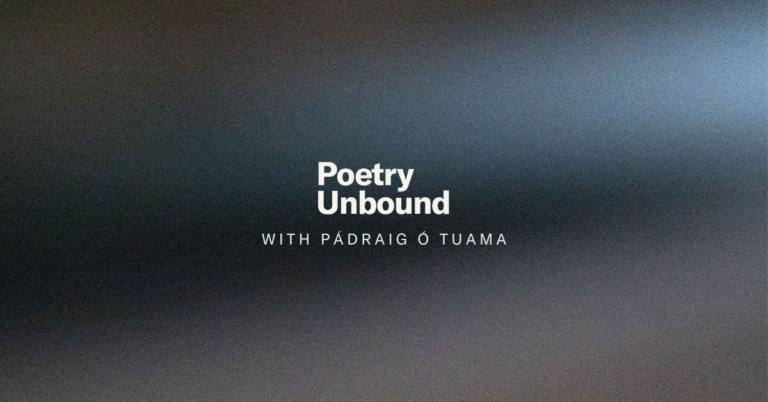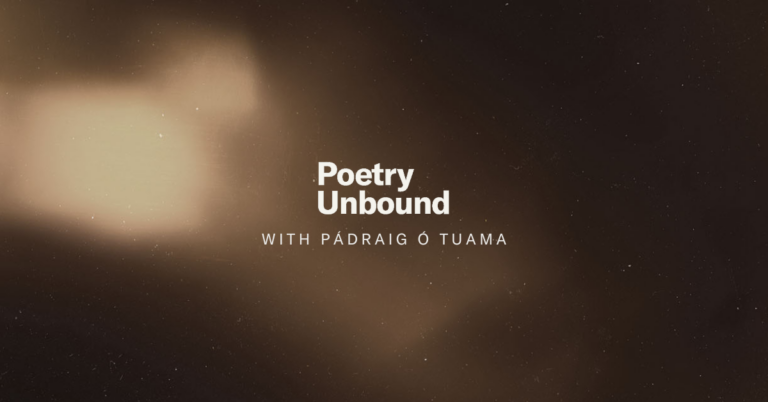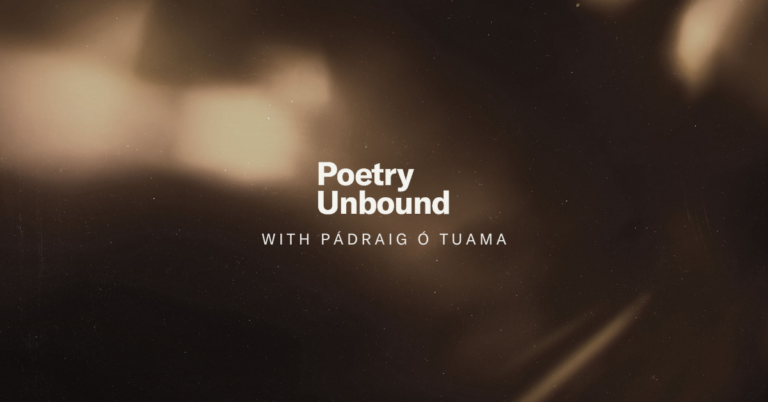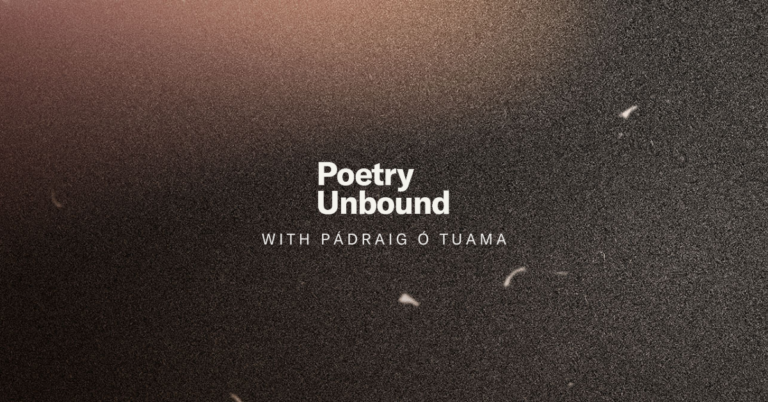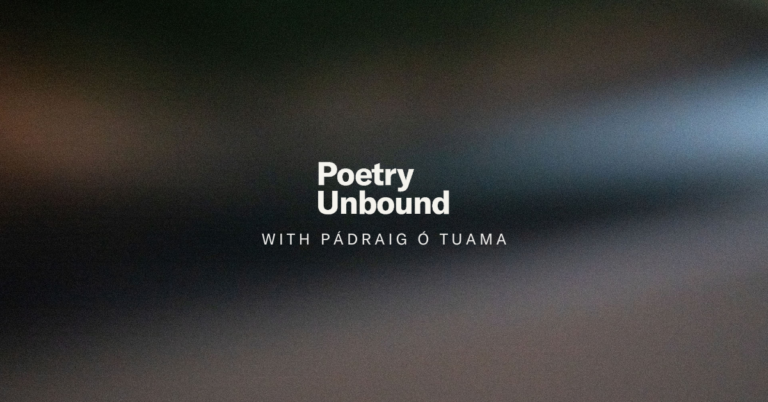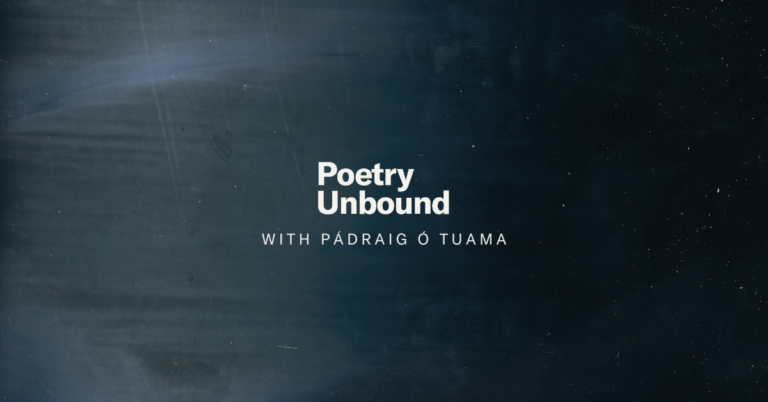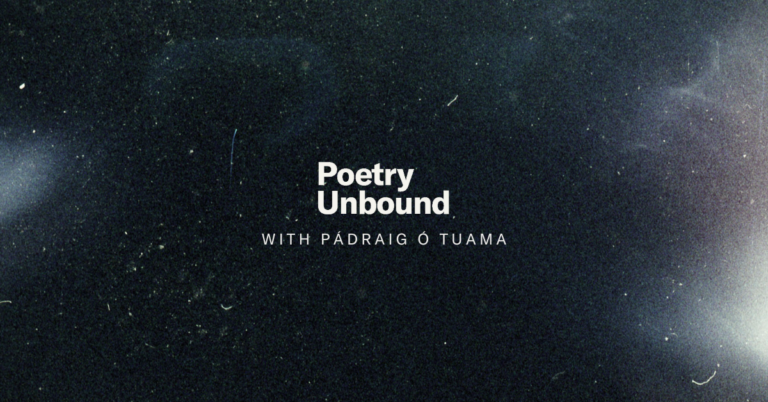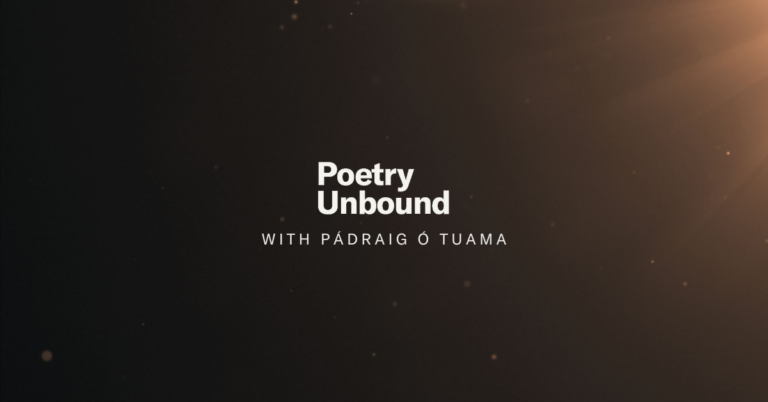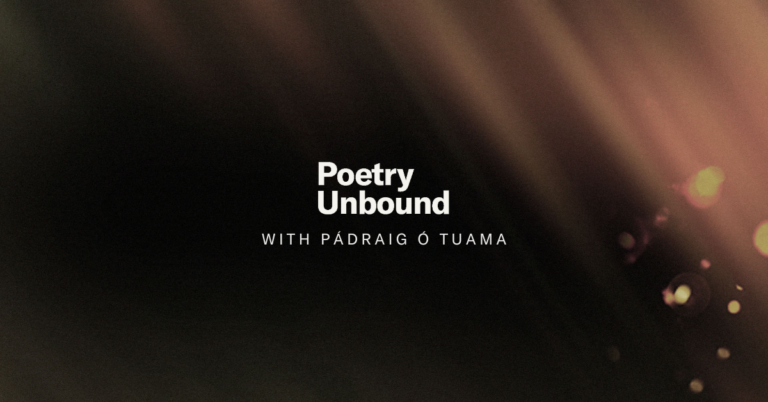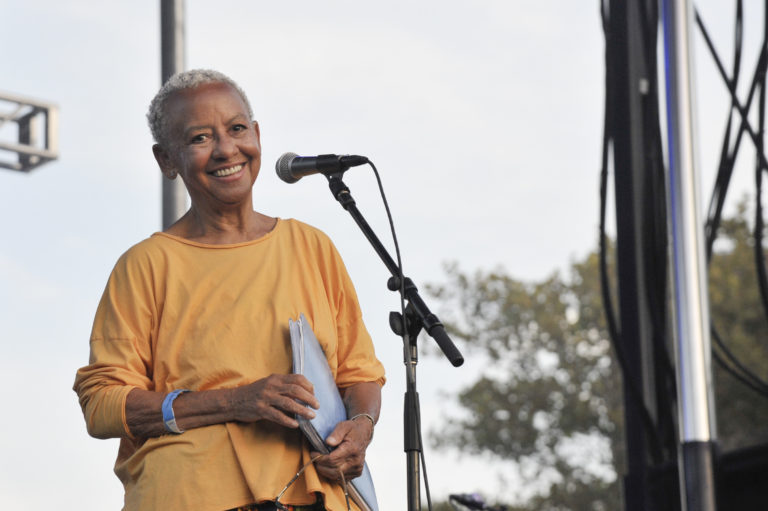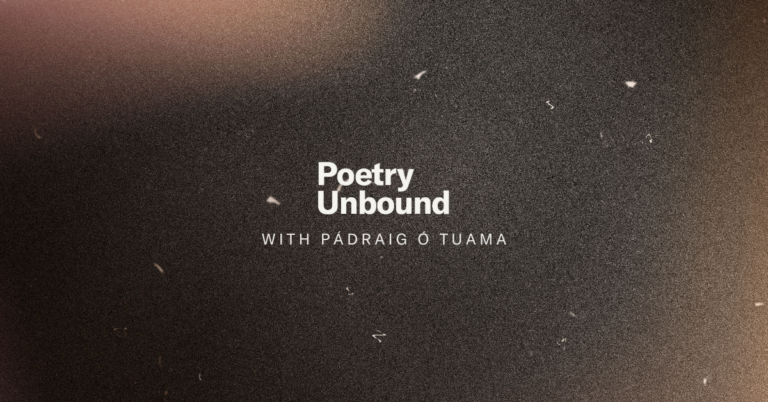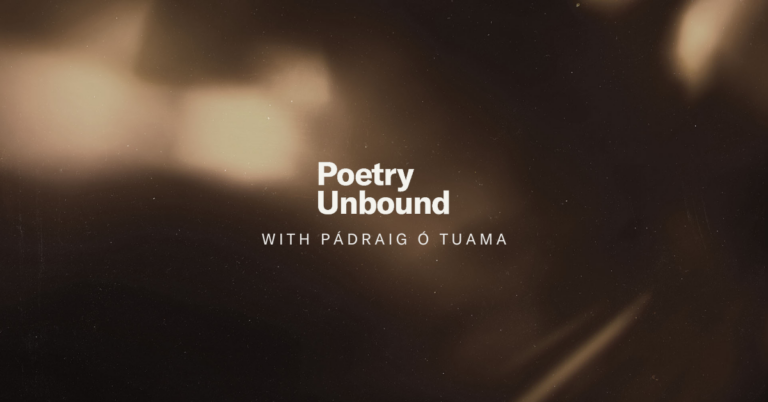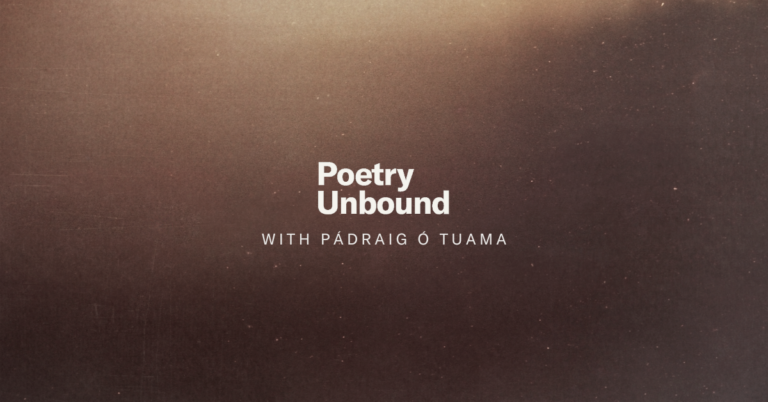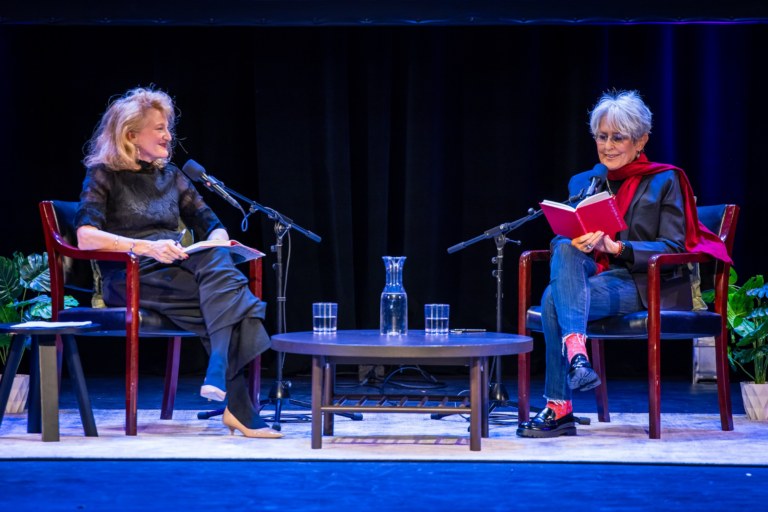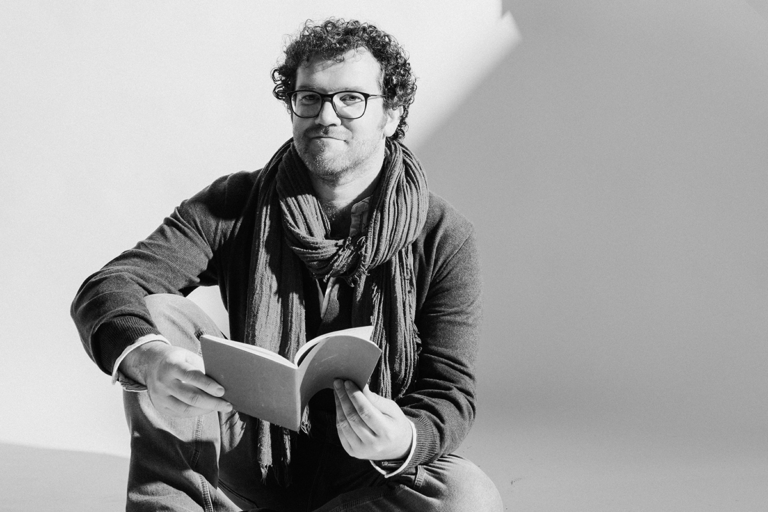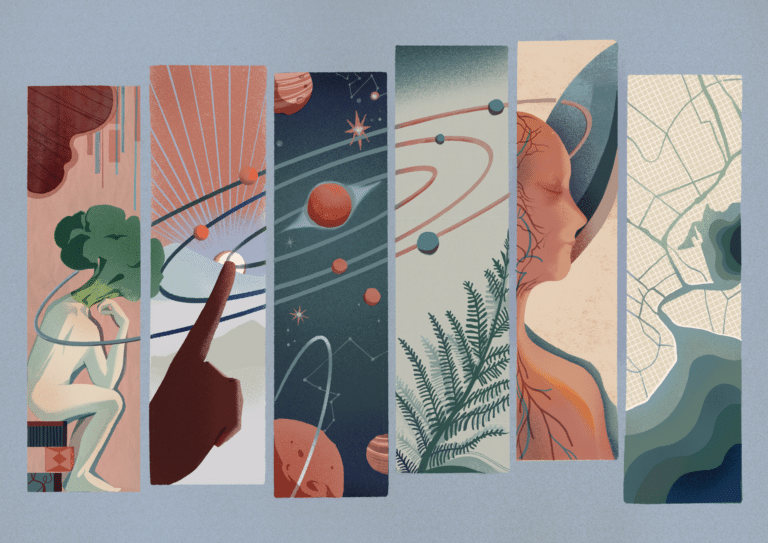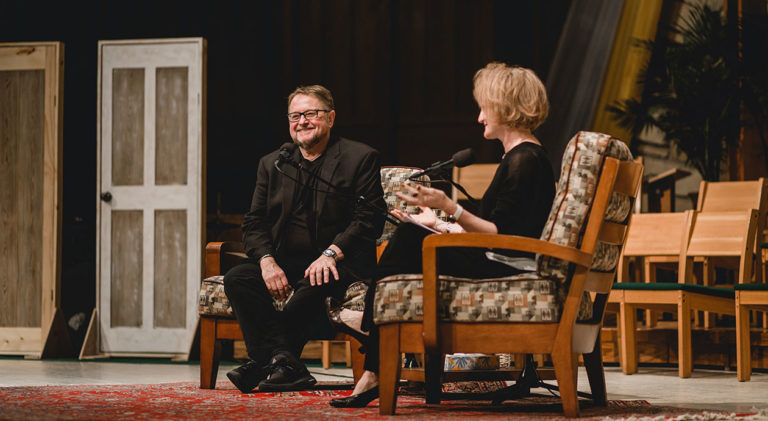She is known as the voice of a generation. The Queen of Folk. A legend. An icon, the one who sang “We Shall Overcome” alongside Martin Luther King Jr. at the 1963 March on Washington. As much as anyone, Joan Baez embodied the spirit of that decade of soaring dreams and songs and dramas set in motion that echo through this world of ours. Meanwhile, her love affair with a young Minnesota singer-songwriter calling himself Bob Dylan, whose career she pivotally helped launch, is also reentering the public imagination with a big new movie. And her classic heartbreak hit about him, “Diamonds and Rust,” is topping global charts anew.
But Joan Baez at 83 is so much more intriguing than her projection as a legend. She grew up the daughter of a Mexican physicist father and a Scottish mother in a seemingly idyllic family. But even at the height of her fame, she was struggling mightily with mysterious interior demons. She and her beloved sisters finally reckoned in midlife with a truth of abuse they had buried, even in memory, at great cost. She has reckoned with fracture inside herself and been on an odyssey of wholeness. She is frank and funny, irreverent and wise. Among other gifts, she offers a refreshing way in to what it means to sing and live the reality of “overcoming,” personal and civilizational.
Krista spoke with Joan — who has recently published her first book of poetry — on stage at the 2024 Chicago Humanities Festival.


